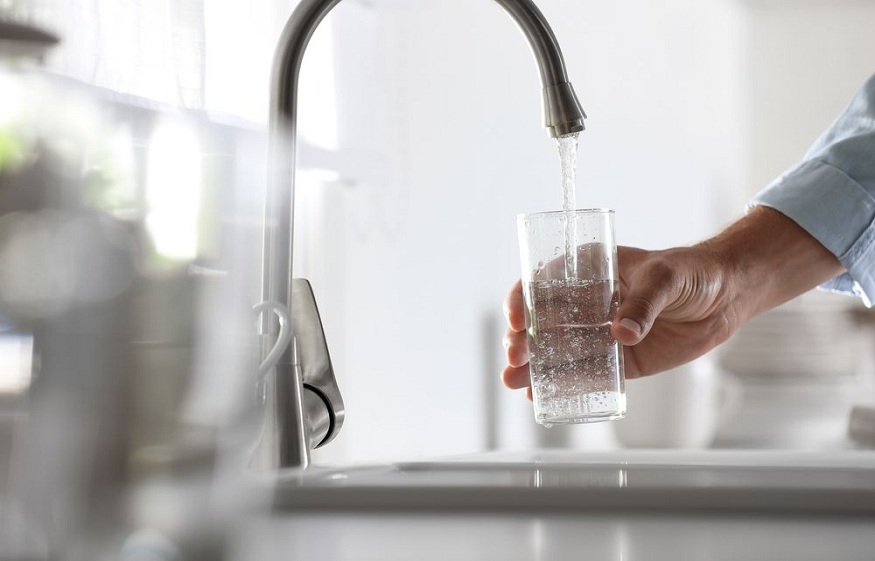
The Water Test and The Problems It Can Detect
When it comes to the shortcomings of U.S. water, the problem is usually pretty visible. There have been plenty of reports of water that smells like a swimming pool (excessive chlorine) or rotten eggs (hydrogen sulfides), which comes out of the tap a strange color (iron contamination), or which simply tastes bad. This is because, unless you are drinking a glass of distilled or purified water, the most vital substance on Earth comes with so much more than the simple H20 molecule.
That said, it should be stated that not all, or even most, of these contaminants are bad. In mineral water, for example, the minerals themselves are technically contaminants! Synergy Science, a company specializing in alternative water products, stress that water can contain many very beneficial extra substances, but it is the harmful contaminants in tap water that drive the interest in their types of products.
And, for sure, there are plenty of harmful contaminants which can be foundin municipal drinking water. Worryingly, some of those contaminants are not the ones that you can see or taste. That is where water tests come in.
What is a Water Test?
Water tests are rarely on the top of any homeowner’s agenda – but perhaps they should be. A water test is a relatively simple procedure that analyses the content of your drinking water. It is the only way to detect certain contaminants, some of which are plenty common and harmful.
A water test can be carried out on a large scale by a water utility company if the problem is suspected to be a widespread one. However, it is also possible to acquire water testing kits that allow you to test your own water at home. Of course,the average homeowner does not have any expertise in water analysis, and so these testing kits are designed to flag up common water contamination problems, and they normally provide results in the form of a set number of water quality attributes.
These represent the things which cannot be detected otherwise but are nevertheless common.
What A Water Test Will Detect?
So, what are these water quality attributes home water testing kits are designed to detect? Here follows the most common ones:
Chlorine Content
Excessive chlorine content will have your water smelling like a swimming pool, but lower amounts can be imperceptible yet still dangerous. The danger of chlorine content at these levels is not the chlorine itself, but the chemicals it forms in reaction to substances found in drinking water. These by-products are linked to all sorts of serious health issues, and so knowing your water’s chlorine content is important.
Hardness
Water hardness refers to the amount of dissolved magnesium and calcium, with more of those substances meaning harder water. Extremely hard water will not lather well for washing and it will leave streaks on dishes. More than that though, it will leave a chalky residue around the inside of pipes, which can damage your plumbing in time.
pH
The relative acidity or alkalinity of your water is important. Copper pipes can be dissolved by excessively acidic water, which not only damages the pipesbut introduces copper as a contaminant in your water that treatment plants cannot do anything about. Excessively alkaline water isn’t good eitheras it will cause residue buildup of diverse composition in your pipes.
As you can probably tell, a water test is a very good idea if you’re unsure about the quality of your home water. Itwill effectively let you know if investing in alternative water products or installing a water filtration system is worth it.



Average Rating